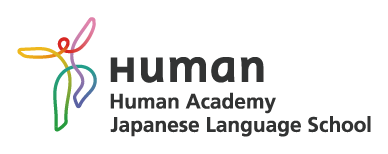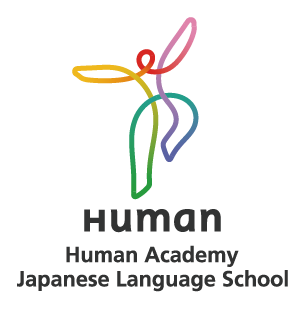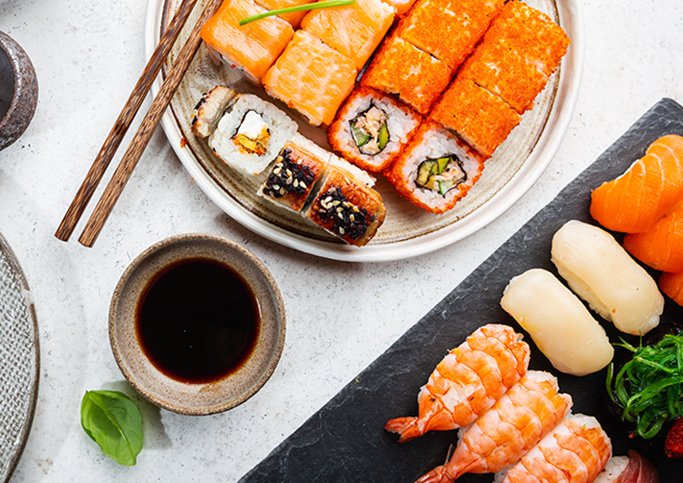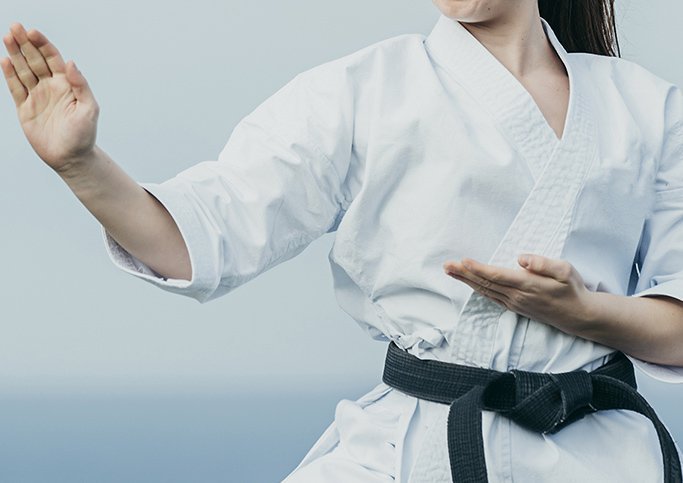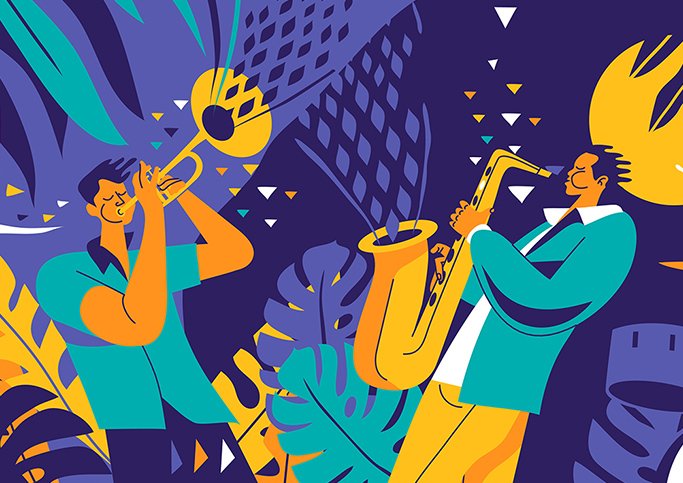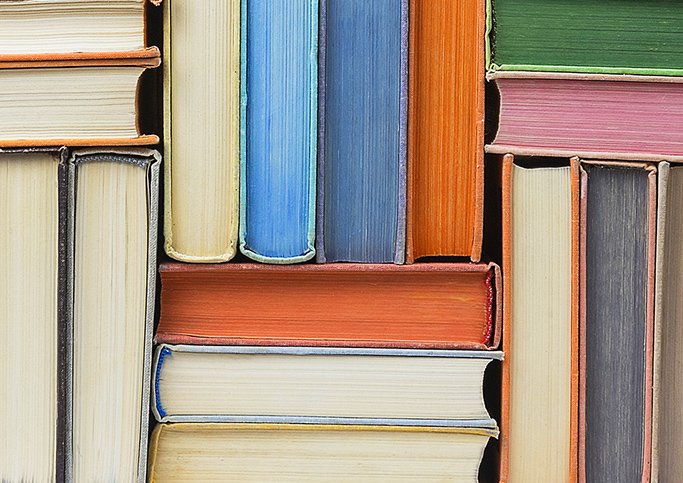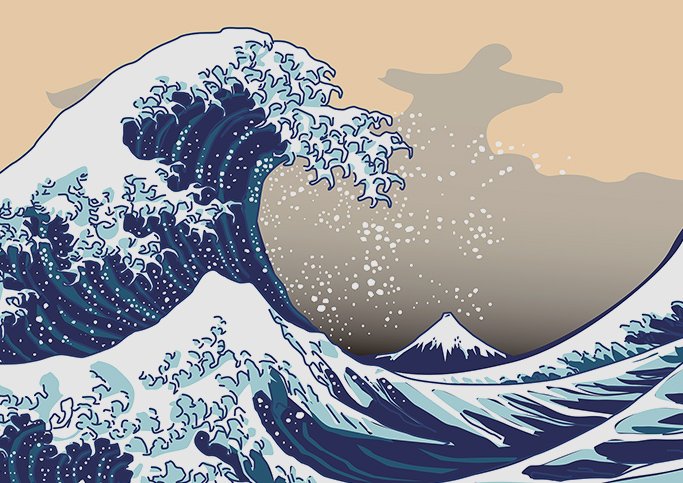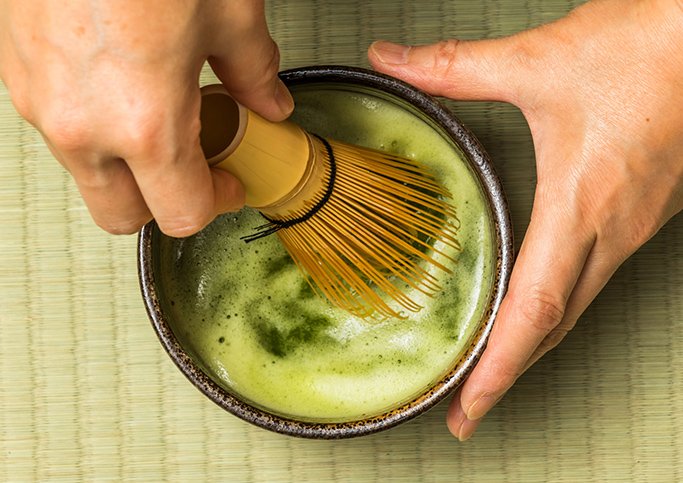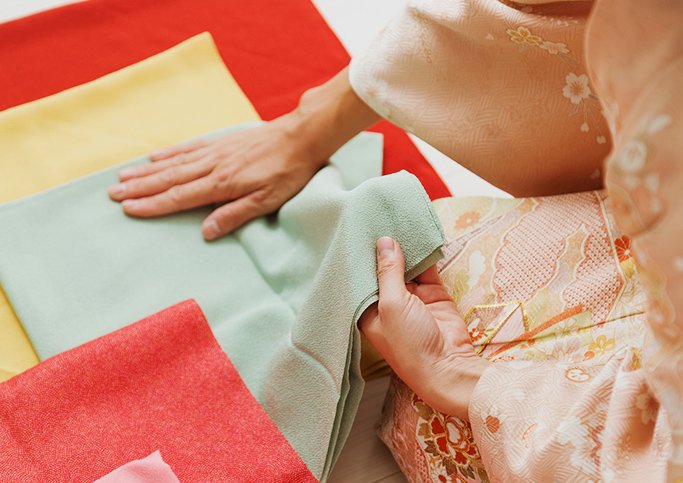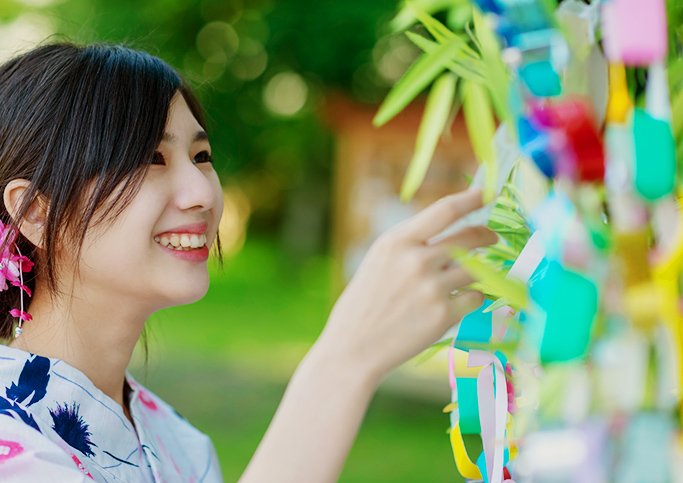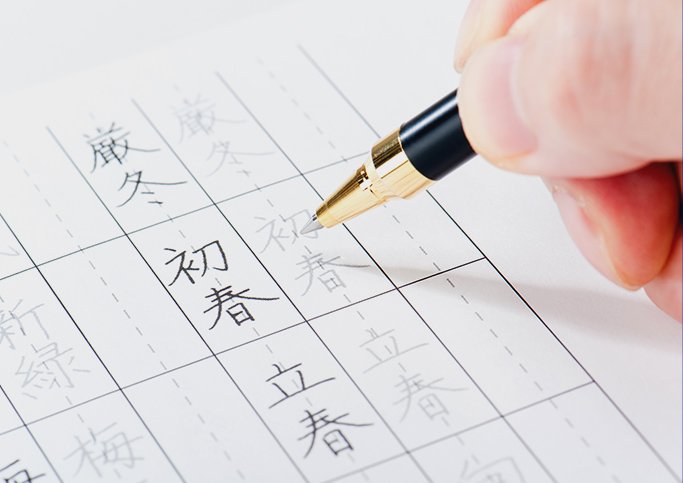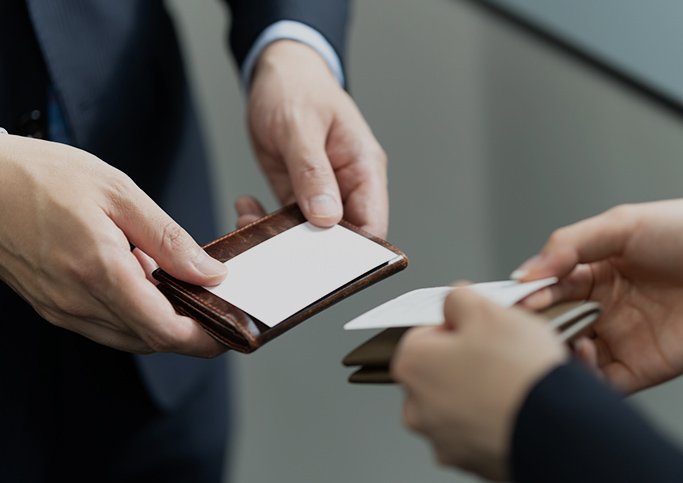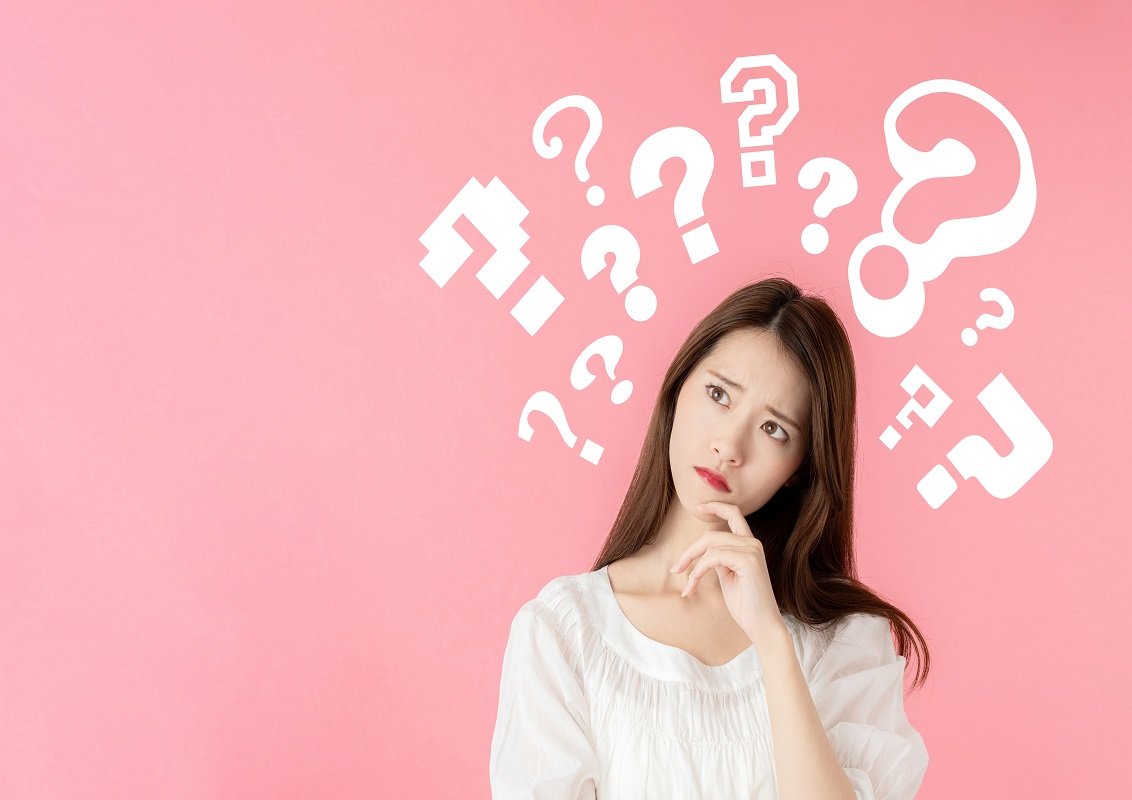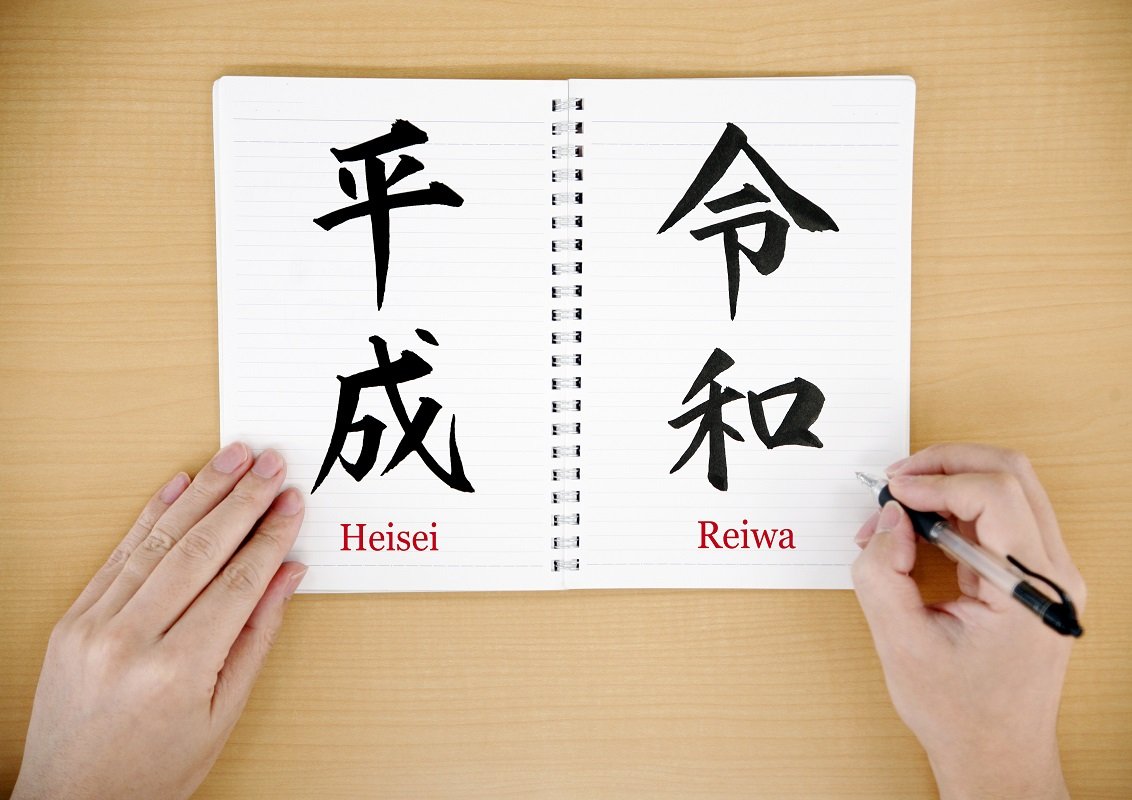
era
Expressions of the Christian era and Japanese era names, such as Reiwa/Heisei/Shōwa
6/25/2021
Do you know the words ”令和” (Reiwa) and “平成” (Heisei)? These are Japanese era names. So what do ”令和” (Reiwa) and “平成” (Heisei) mean? Also, how do you express the Christian era and the century in Japan? Let's study together.
1. 令和(Reiwa)
”令和” (Reiwa) is a Japanese era name that began on May 1, 2019. The Japanese era name is called “元号” (gengō). “元号” (gengō) is a title for counting Japanese calendar. The year 2020 is referred to as “令和2年” (Reiwa 2-nen). ”令和” (Reiwa) comes from the oldest anthology of Japanese poetry, “Man'yoshū.” ”令和” (Reiwa) means “cultures are born and nurtured in the midst of people's beautiful relationships.”
Example
今年は西暦2021年で、令和3年です。
Kotoshi wa seireki 2021-nen de, Reiwa 3-nen desu.
This year is 2021 on the Western calendar, which is the third year of Reiwa.
“令和1年” (Reiwa 1-nen) is often written as “令和元年” (Reiwa gan'nen). Especially in official documents, it is often written as “元年” (gan'nen). The term “元年” (gan'nen) means the first year of an emperor's accession to the throne or the first year of a new era.
Example
令和元年は2019年5月1日から始まった。
Reiwa gan'nen wa 2019-nen 5-gatu 1-nichi kara hajimatta.
The first year of Reiwa began on May 1, 2019.
2. 平成(Heisei)
“平成” (Heisei) is the era name used from January 8, 1989 to April 30, 2019. The name “平成” (Heisei) is derived from the Chinese history books “史記” (Shiki) and “書経” (Shokyō). The name “平成” (Heisei) expresses the wish for peace inside and outside Japan as well as in heaven and on earth.
Example
私の誕生日は平成5年1月1日だ。
Watashi no tanjōbi wa Heisei 5-nen 1-gatsu 1-nichi da.
My birthday is January 1, 1990 (Heisei 5th).
Example
西暦1996年は、平成8年です。
Seireki 1996-nen wa, Heisei 8-nen desu.
1996 A.D. is the 8th year of Heisei.
3. 昭和(Shōwa)
“昭和” (Shōwa) is the era name used from December 25, 1926 to January 7, 1989. “昭和” (Shōwa) is the longest lasting of “元号” (gengō). It comes from the Chinese classic “四書五経” (Shishogokyo). In “昭和” (Shōwa), we wish for national peace and world prosperity.
Example
昭和39年10月10日に東京オリンピックが開催された。
Shōwa 39-nen 10-gatu 10-nichi ni Tōkyō orinpikku ga kaisai sareta.
The Tokyo Olympics were held on October 10, 1964 (Shōwa 39th).
Example
昭和50年は、西暦1975年です。
Shōwa 50-nen wa, seireki 1975-nen desu.
The 50th year of Shōwa is 1975 A.D.
So far, you've learned how to say Japanese era names. From here, let’s look into Japanese words related to the “year” such as the century.
4. 世紀(seiki)
“世紀” (seiki) is a Japanese word meaning century. “世紀” (seiki) is based on the year 100 as 1 unit. For example, “21世紀” (21-seiki) is from 2001 to 2100. It is a word often used in textbooks, TV and newspapers.
Example
20世紀最後の冬季オリンピックは長野オリンピックだ。
20-seiki saigo no tōki orinpikku wa Nagano orinpikku da.
The last Winter Olympics in the 20th century is the Nagano Olympics.
Example
今日は学校で19世紀の日本について学んだ。
Kyō wa gakkō de 19-seiki no Nihon ni tsuite mananda.
Today I learned about Japan in the 19 century at school.
[日本のことが気になる?一緒に日本語を学びませんか?]
5. 半世紀(hanseiki)
“半世紀” (hanseiki) refers to the year 50, which is half of a century. We sometimes use “半世紀” (hanseiki) to emphasize the long period of 50 years.
Example
彼はこの車に半世紀以上乗り続けている。
Kare wa kono kuruma ni hanseiki ijō nori tsuzukete iru.
He has been in this car for more than half a century.
Example
この建物は半世紀以上前に建てられた。
Kono tatemono wa hanseiki ijō mae ni taterareta.
This building was built over half a century ago.
6. 四半世紀(shihanseiki)
The term “四半世紀” (shihanseiki) refers to the 25 years, or 1/4 of the first century. “四半” (shihan) means “1/4.” “四半世紀” (shihanseiki) is sometimes used to emphasize the long period of 25 years.
Example
彼は四半世紀以上、日本酒を作り続けている。
Kare wa shihanseiki ijō, nihonshu wo tsukuri tsuzukete iru.
He has been making sake for over a quarter of a century.
Example
あの大きな地震から四半世紀が経過した。
Ano ōkina jishin kara shihanseiki ga keika shita.
A quarter of a century has passed since that big earthquake.
7. 世紀末(seikimatsu)
The term “世紀末” (seikimatsu) indicates the end of the century; if it is the last year of the 20th century, we say “20世紀末” (20-seikimatsu). It can also mean “the end of the world” or “a world in which humanity has become extinct and devastated.” This is said to be due to the fact that the end of the century was described as a desperate world in a famous Japanese manga. Some people use it as a metaphor, though it is different from the original meaning.
Example
20世紀末に大きな事件が起こった。
20-seikimatsu ni ōkina jiken ga okotta.
A big incident happened at the end of the 20th century.
Example
世の中に変な髪形の人が増えて、世紀末のようだ。
Yononaka ni hen'na kamigata no hito ga fuete, seikimatsu no yōda.
The number of people with strange hairstyles is increasing in the world, and it seems like the end of the world.
8. うるう年(urūdoshi)
“うるう年” (urūdoshi) means a leap year. In other words, it is a year that has 29 days in February and 366 days in 1 year, which comes only once in 4 years. The word “うるう” (urū) of “うるう年” (urūdoshi) means that there are more days and months than usual.
Example
娘は2020年のうるう年に生まれた。
Musume wa 2020-nen no urūdoshi ni umareta.
My daughter was born in the leap year of 2020.
9. オリンピックイヤー(Orinpikkuiyā)
“オリンピックイヤー” (Orinpikkuiyā) is a term for the year in which the Olympic Games are held. The word is a combination of the English words “Olympic” and “year.” It emphasizes the joy and happiness that the Olympic Games will be held in this memorable year.
Example
今年はオリンピックイヤーだ。
Kotoshi wa orinpikkuiyā da.
This year is the Olympic year.
In Japanese, there are many expressions that indicate the year, such as “令和” (Reiwa) and “平成” (Heisei). Do you know that there are other Japanese era names such as “大正” (Taishō) and “明治” (Meiji)? If you are interested in the Japanese language, why don't you sign up for a free membership to Human Academy Japanese Language School Plus. You can experience practical Japanese lessons by experienced teachers for free.
CATEGORIES
FEATURED TAGS
RECOMMENDATION
-
 報BUSINESS TERMS
報BUSINESS TERMSWhat is ”Ho-Ren-So”, one of the basic manners when working in Japan?
10/30/2020
-
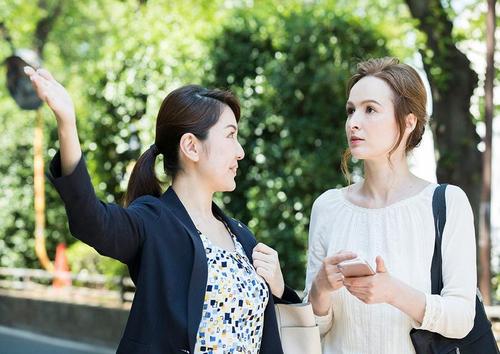 伝WORDS & GRAMMAR
伝WORDS & GRAMMARWhat is easy Japanese?
10/30/2020
-
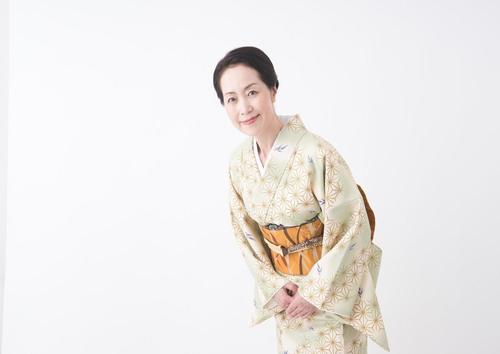 礼MANNERS
礼MANNERSJapanese greeting customs and origins. What are the greetings from other countries?
10/30/2020
-
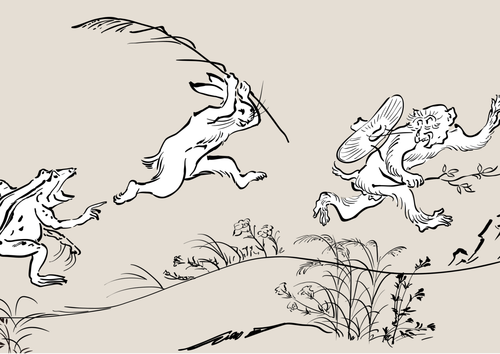 戯COMIC & GAME
戯COMIC & GAMEThe roots of animation and manga? Introducing bird and beast caricatures
10/30/2020
-
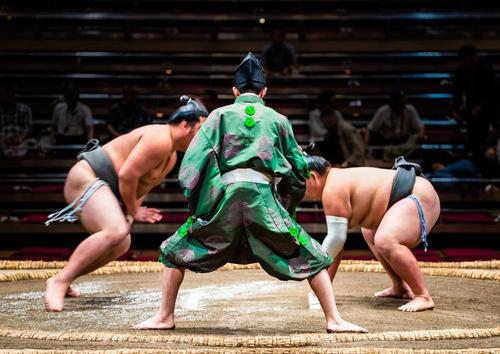 戦SPORTS
戦SPORTSThe history of sumo goes back to the mythical world! ?? Transition from myth to modern times
10/30/2020
LET’S PLAY
KARUTA!
Do you know the meaning of this...
NEXT...
FURTHER EXPLORATION
INTERESTED
IN JAPAN?
WHY DON’T YOU
LEARN JAPANESE WITH US?
START LEARNING
JAPANESE
WITH HUMAN ACADEMY!
ONE OF
THE MOST POPULAR
JAPANESE
LANGUAGE SCHOOLS
JAPANESE
LANGUAGE SCHOOL
OFFERING EXCELLENT
DETAILED LESSONS

ONLINE SCHOOL
- Learn with your classmates from all over the world
- Variety of Courses for All Needs
- FREE Trial Lesson available

TOKYO, OSAKA
- Offer the Best Curriculum for You
- Make New Japanese Learning Friends
- Many Opportunities to Practice Japanese
MAKE FURTHER
STEPS
WITH HUMAN ACADEMY!
ONE OF
THE MOST POPULAR
JAPANESE
LANGUAGE SCHOOLS
JAPANESE
LANGUAGE SCHOOL
PRODUCING MANY
JLPT N1 CERTIFIED
STUDENTS!

ONLINE SCHOOL
- Learn with your classmates from all over the world
- Variety of Courses for All Needs
- FREE Trial Lesson available

TOKYO, OSAKA
- Support Your Higher Goal of Japanese Learning
- Perfect Environment for Japanese Learners
- Learn with Your New Japanese Study Mates

